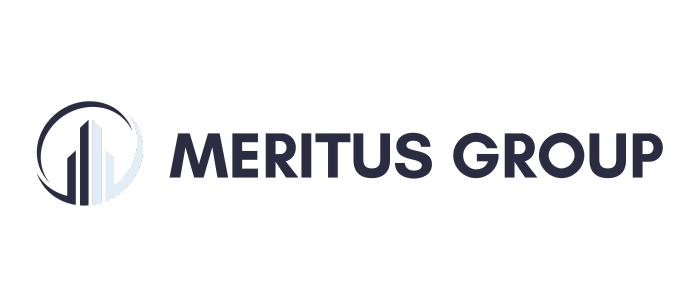Having a letter of intent signed by both the buyer and the seller can be a very good feeling. Everything can seem as though it is moving along just fine, but the due diligence process must still be completed. It is during due diligence that a seller decides whether he or she is going to finalize the deal. Much depends on what is discovered during this important process, so remember the deal isn’t done until it is truly finalized.
In his book, The Art of M&A, Stanley Forster Reed noted that the purpose of due diligence is to “Assess the benefits and liabilities of a proposed acquisition by inquiring into all relevant aspects of the past, present and predictable future of the business to be purchased.”
Summed up another way, due diligence is quite comprehensive. It probably comes as no surprise that this is when deals often fall apart. Before diving in, it is critically important that you meet with such key people as appraisers, accountants, lawyers, a marketing team and other key people.
Let’s take a look at some of the main items that both buyers and sellers should have on their respective checklists.
Industry Structure
You should determine the percentage of sales by product line. Additionally, take the time to review pricing policies, product warranties and check against industry guidelines.
Human Resources
Review your key people and determine what kind of employee turnover is likely.
Manufacturing
If your business is involved in manufacturing then every aspect of the manufacturing process must be evaluated. Is the facility efficient? How old is the equipment? What is the equipment worth? Who are the key suppliers? How reliable will those suppliers be in the future?
Trademarks, Patents and Copyrights
Trademarks, patents and copyrights are intangible assets and it is important to know if those assets will be transferred. Intangible assets can be the key assets of a business.
Operations
Operations is key, so you’ll want to review all current financial statements and compare those statements to the budget. You’ll also want to check all incoming sales and at the same time analyze both the backlog and the prospects for future sales.
Environmental Issues
Environmental issues are often overlooked, but they can be very problematic. Issues such as lead paint and asbestos as well as ground and water contamination can all lead to time-consuming and costly fixes.
Marketing
Have a list of major customers ready. You’ll want to have a sales breakdown by region and country as well. If possible, you’ll want to compare your company’s market share with that of the competition.
The Balance Sheet
Accounts receivable will want to check for who is paying and who isn’t. If there is bad debt, it is vital to find that debt. Inventory should also be checked for work-in-progress as well as finished goods. Non-usable inventory, the policy for returns and the policy for write-offs should all be documented.
Finally, when buying or selling a business, it is vital that you understand what is for sale, what is not for sale and what is included whether it is machinery or intangible assets such as intellectual property. Understanding the barriers to entry, the company’s competitive advantage and what key agreements with employees and suppliers are already in place, will help ensure a smooth and stable transition. There are many important questions that must be answered during the due diligence process. Working closely with a business broker helps to ensure that none of these vital questions are overlooked.
